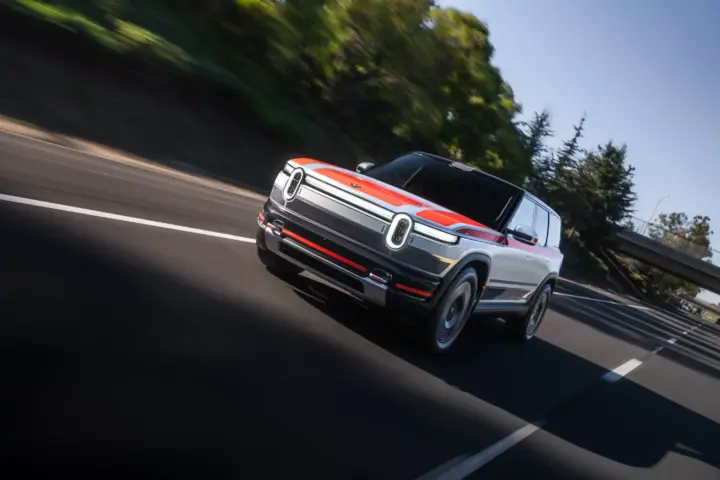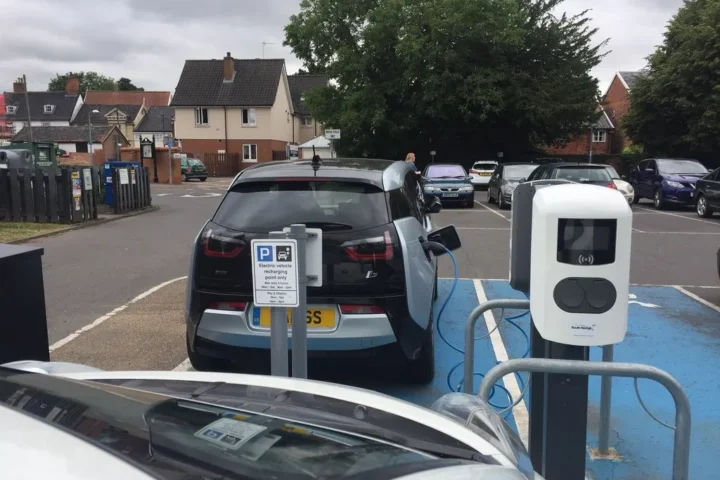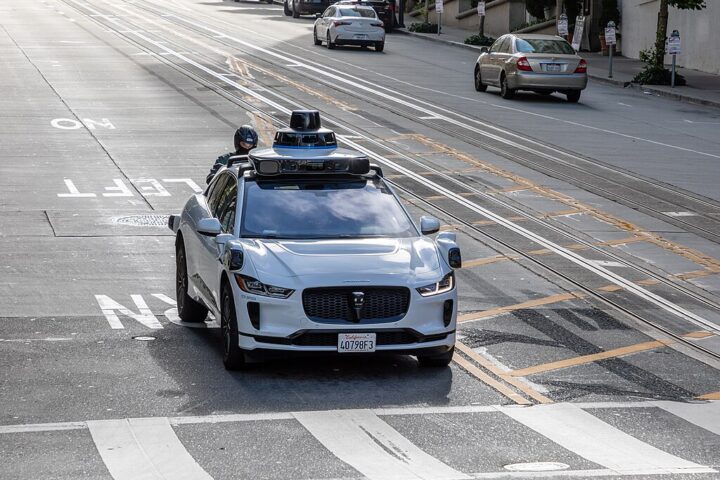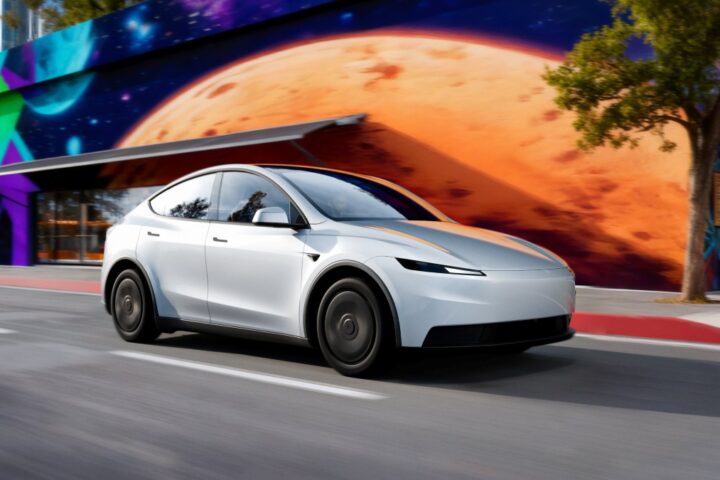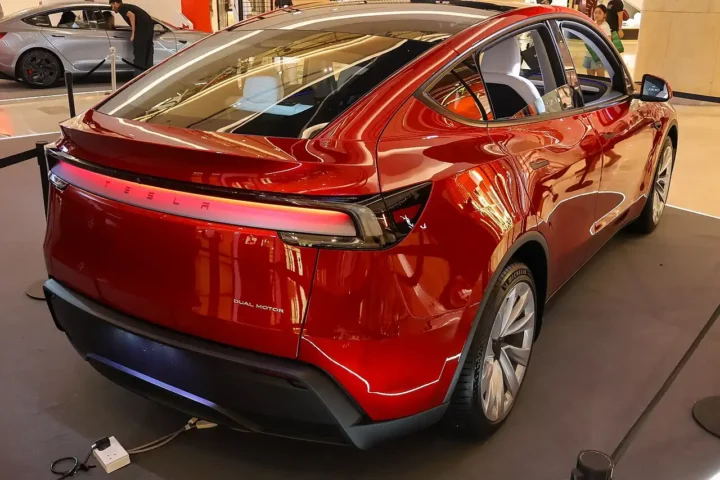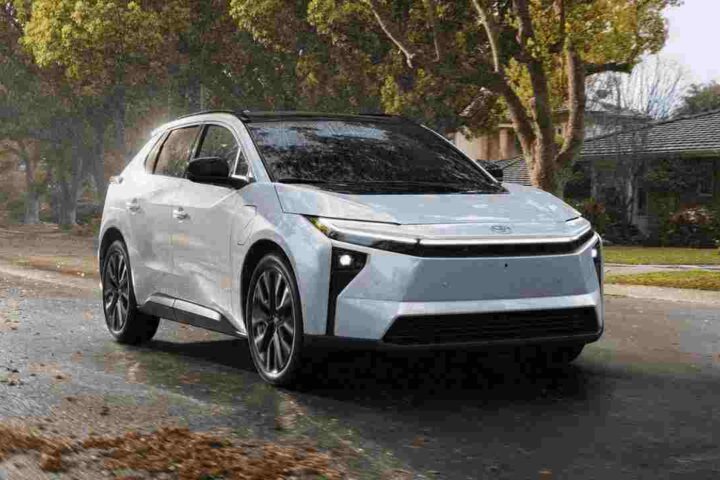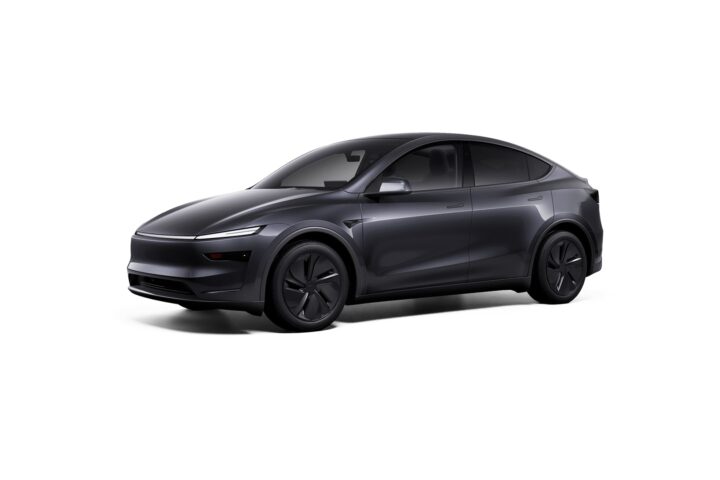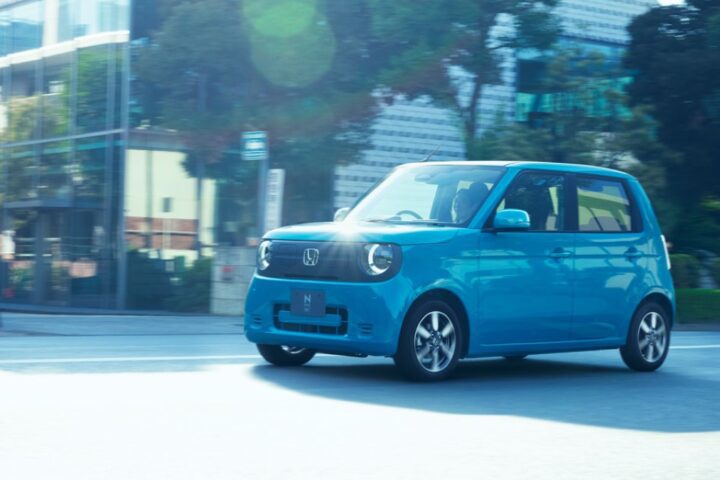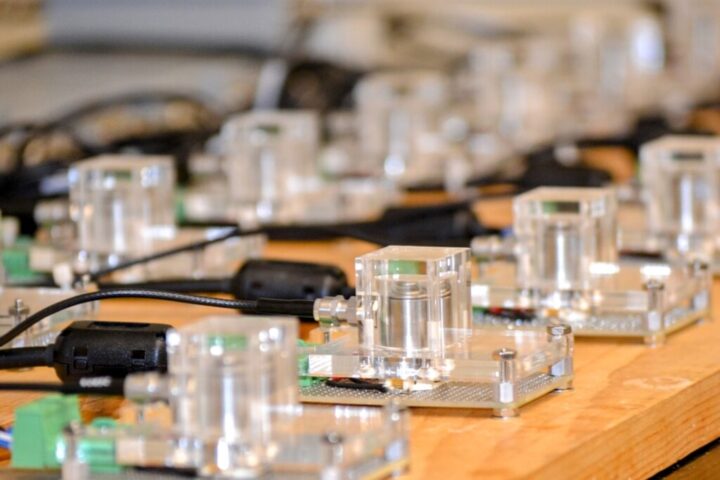John Deere has launched two all-electric utility vehicles – the Gator GX and GX Crew – designed for residential, rural, and light commercial use. These vehicles offer an electric alternative to traditional gas-powered models.
Powered by a 51.2-volt lithium-ion battery with a 5.376 kWh capacity, the new Gators can reach speeds up to 19.5 mph. An LED battery indicator helps users monitor power levels. The standard GX seats two people, while the GX Crew holds four passengers with fold-down rear seats that create extra cargo space when needed.
“The Gator GX lineup offers property owners the opportunity to increase productivity around their properties with less noise, less maintenance and more versatility,” said Eric Halfman, John Deere go-to-market manager.
The vehicles feature onboard charging systems, though Deere hasn’t published specific charging times or runtime figures. Without fuel, oil changes, or belt replacements, maintenance requirements are significantly reduced compared to gas-powered alternatives.
Starting at $19,499 for the GX Crew, these vehicles come in either traditional John Deere green and yellow or gray metallic. They include multiple storage areas and ergonomic seating designed for comfort during extended use.
More Posts
An optional JDLink M modem enables connectivity features like location tracking and maintenance alerts – particularly useful for businesses managing multiple vehicles. This feature connects to Deere’s broader technology strategy that emphasizes “smart” equipment with digital capabilities.
The electric Gator models join Deere’s expanding electric lineup, which includes the Z370RS Electric ZTrak mower. The company appears to be responding to growing market interest in electric equipment that offers quieter operation and zero operating emissions.
This product launch comes as Deere implements advanced manufacturing techniques in its factories. The company’s Davenport Works facility recently earned recognition as Assembly Plant of the Year for implementing private 5G networks that replace traditional connections. This wireless system monitors torque tools, performs quality checks through computer vision, and uses automated guided vehicles (AGVs) throughout the factory.
“Implementing 5G in our facilities allows us to make significant progress in our ‘smart industrial‘ strategy by turning factories into smart, connected manufacturing facilities,” said Jahmy Hindman, Deere’s chief technology officer.
Deere plans to expand its private cellular network to 80% of factory equipment within five years, which reduces radio equipment needs by a 20-to-1 ratio compared to Wi-Fi access points while saving significant copper wiring.
For users of the electric Gator models, key benefits include instant torque delivery, whisper-quiet operation, and versatile cargo options. These features make the vehicles suitable for property management, farming tasks, and commercial applications where noise reduction matters.
While Deere emphasizes the zero operating emissions of these vehicles, the company hasn’t published details about battery life or charging time, and no battery recycling program is indicated on product pages.




